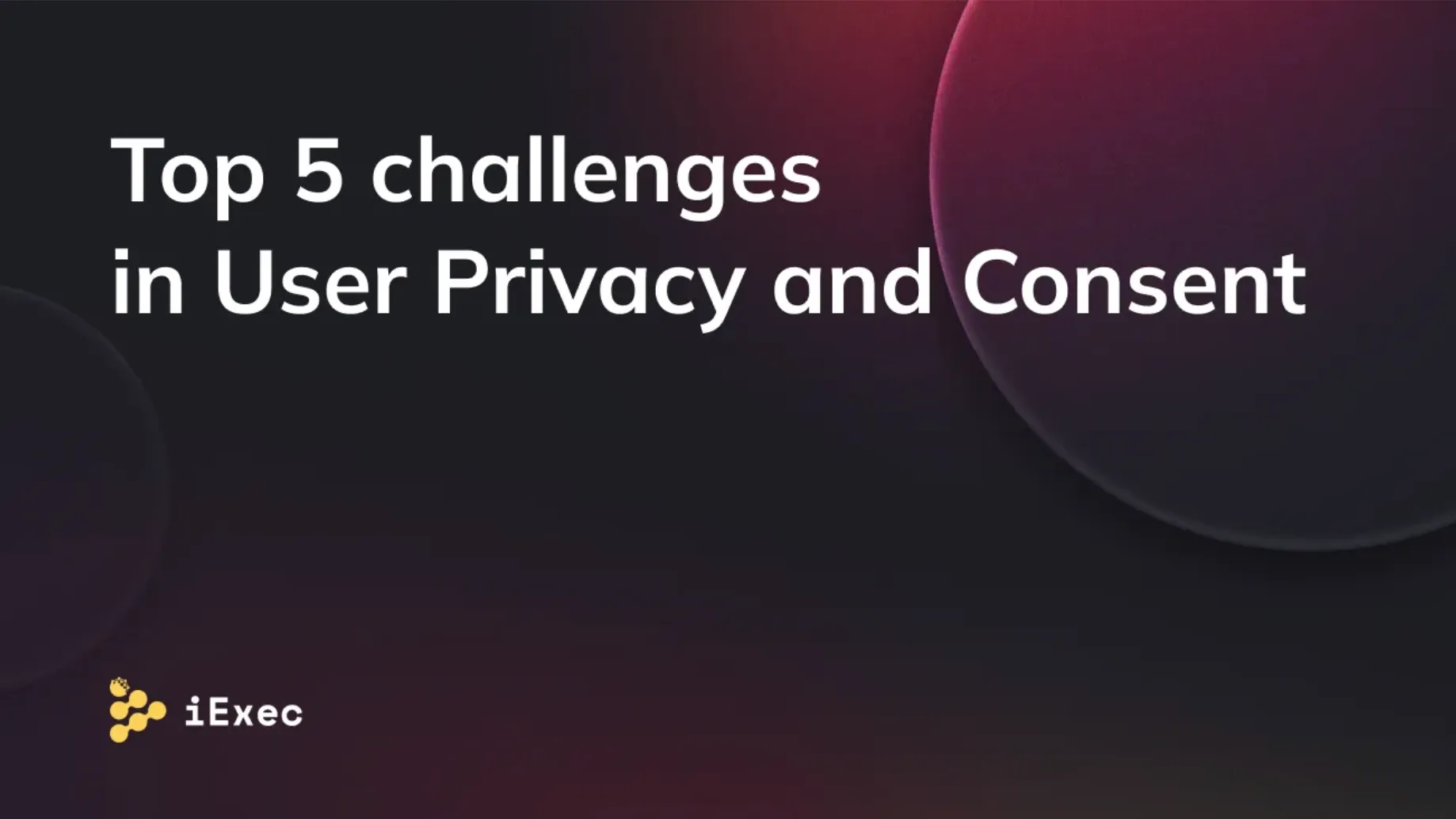
Direct and cost-effective means of communication are essential for businesses to be able to connect with their target audience. However, popular marketing strategies like email pose increasing concerns regarding privacy and consent — all issues that can, thankfully, be addressed through Web3 technology.
Users often have little control over authorizing the sharing of their data with third parties. This lack of transparency raises questions about privacy and the potential misuse of personal information. Distrust in companies regarding personal data protection is at an all-time high. Marketers must address these concerns by ensuring ethical practices and implementing end-to-end secured systems.
Emailing and Newsletters have become the standard for businesses to directly reach out to customers. However, one of the significant limits of this approach is the lack of user consent and governance over what is done with their email after subscription. Additionally, there’s a growing lucrative market selling email databases led by data brokers.
Interacting with Web3 apps, users often rely on blockchain wallets for storing and managing their digital assets. At the same time, these wallets are envisioned to represent a user’s digital identity based on their personal information. Wallet privacy risks have emerged as a significant concern in email marketing. If a user’s wallet address is linked to their identity, their transaction history and holdings can be tracked. Marketers must particularly recognize the importance of safeguarding Web3 user privacy and ensure that their email campaigns respect user anonymity and protect sensitive financial information.
While direct marketing actions often result in revenue generation for large, centralized, companies, the benefits for users are often inexistent. This disparity raises questions about the fairness and user-centricity of email marketing practices. Users’ data is often collected, analyzed, and monetized without their explicit consent or knowledge. Marketers must reevaluate their strategies, focusing on creating mutually beneficial relationships that prioritize user interests and provide meaningful value, rather than solely serving the profit-driven motives of large corporations.
One of the most worrying risks surrounding email marketing is the vulnerability to users’ privacy being compromised. Instances of data breaches and leaks from marketing databases have made headlines in recent years, exposing sensitive information and eroding trust. Users rightfully expect their personal data to be handled securely, and it is the responsibility of marketers to prioritize data protection, implement robust security measures, and adhere to privacy regulations. Using the latest technologies such as confidential computing to enable to process data without having access to it is essential to mitigate the risks of data breaches and reassure users of their privacy.
Traditional exchanges between apps and users often require users to share their personal information to access a product or a service. This can leave room for potential unauthorized access to sensitive information. As the demand for secure communication increases, app providers and marketers should explore privacy-preserving communication channels to communicate with their users without accessing their personal data directly.
Web3 offers a new approach to enable communication between Web3 users and decentralized applications (DApps) while prioritizing user privacy and consent.
Pioneering Blockchain with Confidential Computing, iExec is positioned to lead the way in Privacy-Enhancing Marketing, having the potential to revolutionize the way we manage and protect user privacy and consent.
iExec tech makes possible a more equitable and user-centric ecosystem in marketing. Upcoming tools will enable Web3 apps to perform targeted marketing and user engagement campaigns without compromising the privacy of individuals, and at the same time allow users to monetize the use of their data used for marketing actions.
Watch this space!